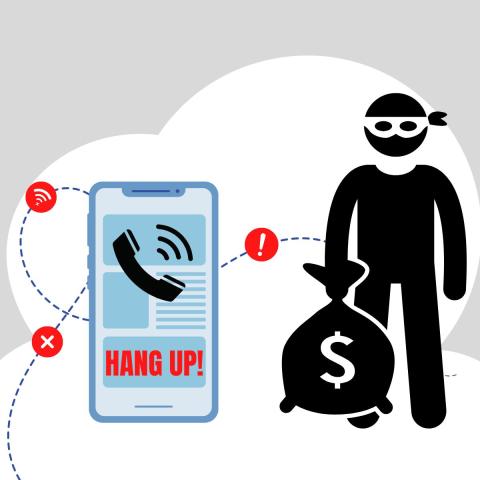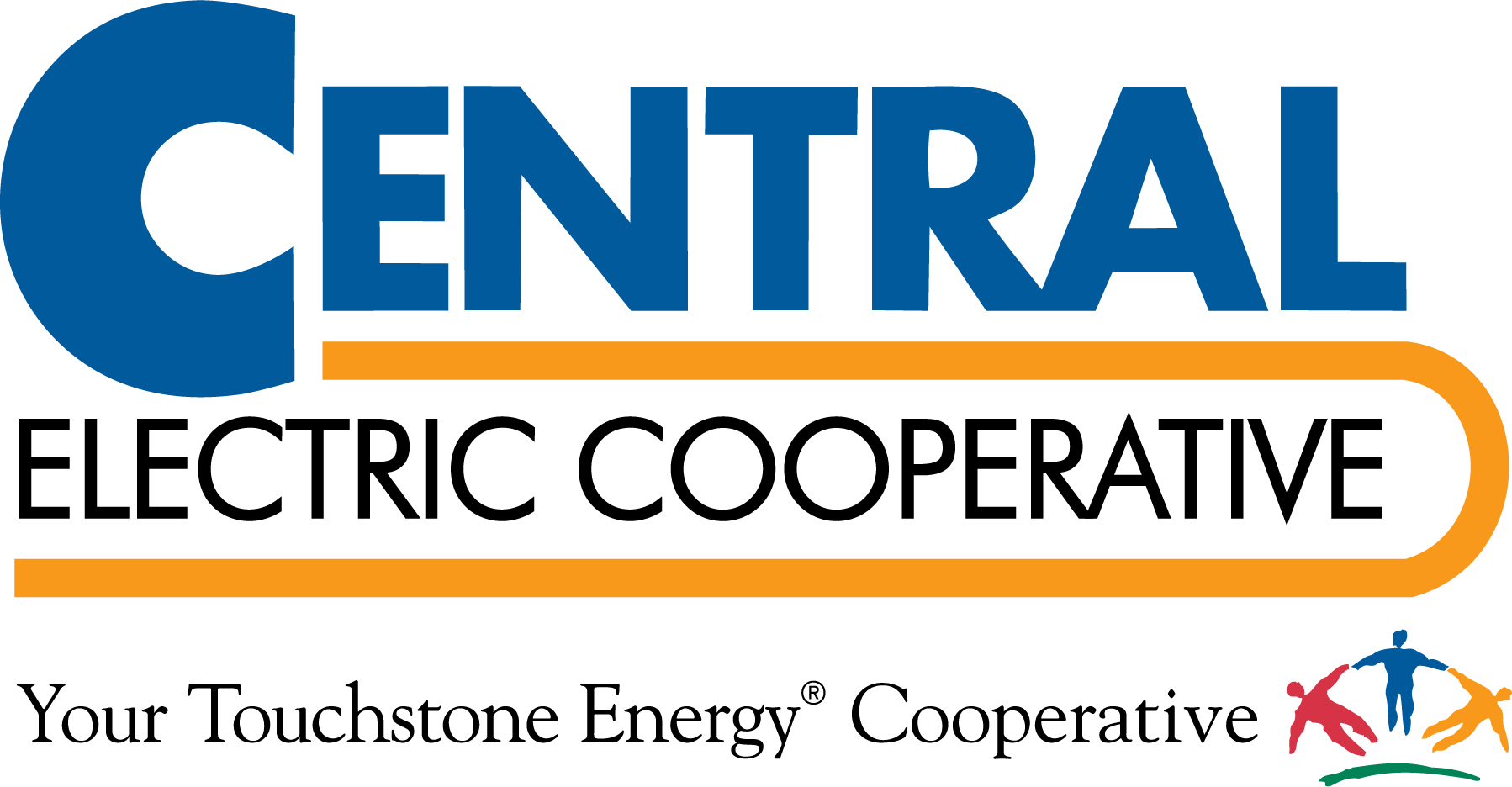
Have you been the target of a utility scam? Utility scams involve malicious outside actors contacting you and threatening to disconnect electric, water, internet or phone service. Imposter scams are the number one type of fraud reported to the Federal Trade Commission. While scam artists may come to your door posing as somebody who works for the power company, attempts are more likely to come in the form of an email, phone call or text message.
Common Types of Scams
A scammer may claim you are overdue on your electric bill and threaten to disconnect your service if you don’t pay immediately. Scammers want to scare you into immediate payment so you don’t have time to think clearly. If this happens over the phone, simply hang up. Members who are concerned about a bill can check their account status online or call 1-800-477-2892. If the message arrives by email or text, do not respond or click any links.
Some scammers falsely claim you have been overcharged and they want to issue a refund. It sounds easy, but if you proceed, you will be prompted to provide banking or other personal information. Instead of money going into your bank account, scammers will drain your account and use personal information such as a social security number for identity theft.
Remember, Central Electric will never threaten you, demand immediate payment, or force you to provide bank account information. Trust your gut.
Defending Against Scams
If you are contacted by anybody demanding a utility payment, offering a refund, asking for personal information or pushing payment assistance, delete the email, close the web browser or hang up the phone. Central Electric’s customer service team will never call and threaten you or demand immediate payment – that’s not how we do business.
-
NEVER give out personal information. Call the utility company using the number on your bill to determine if there is an issue with your account and to report the suspicious phone call.
-
NEVER wire money or pay with a gift card or cryptocurrency. Only scammers will ask for those obscure payment methods. Once you send a payment to a scammer, the money is gone and you won’t get it back.
-
ALWAYS be skeptical of calls, emails and texts from unknown sources.
-
ALWAYS be suspicious of anybody who requests banking or other personal information.
Reporting Utility Scams
If you are contacted by a scammer claiming to work for a utility company:
-
Report the scam to your utility company by calling the number on your billing statement.
-
Report the scam to the S.D. Attorney General’s Consumer Protection Division by calling 1-800-300-1986.
And while you may not want to talk about the experience, it’s best to let others know about scams so they can avoid becoming a victim.
